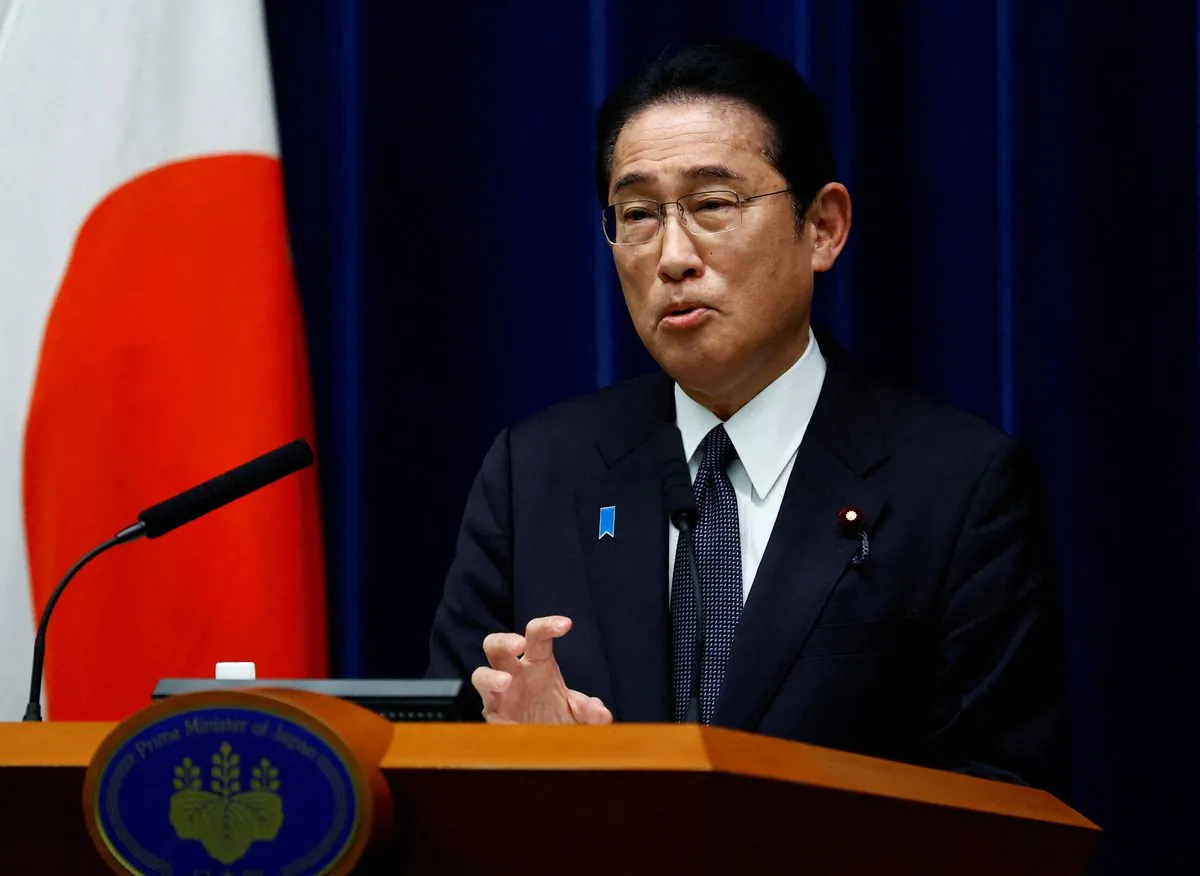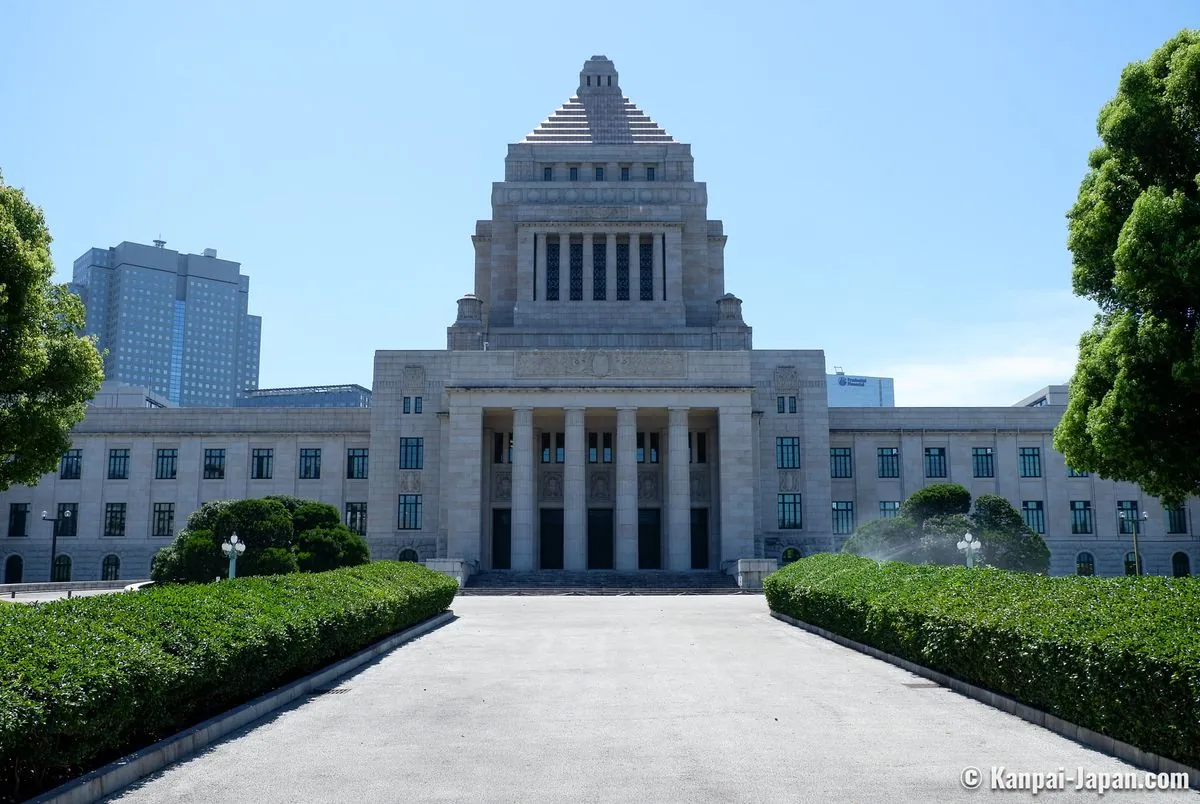Japan's PM Kishida to Step Down, Triggering Leadership Race
Japanese Prime Minister Fumio Kishida will not seek re-election as party leader, ending his three-year tenure. This decision, amid declining public support, will spark a contest for Japan's next prime minister.

Fumio Kishida, Japan's current Prime Minister, has decided not to seek re-election as leader of the Liberal Democratic Party (LDP) beyond September 2024, according to a report by Kyodo news on August 14, 2024. This announcement marks the end of his three-year tenure at the helm of the world's third-largest economy.
Kishida's decision comes amidst a decline in public support and will trigger a leadership contest within the LDP, which has been Japan's dominant political party since 1955. The outcome of this race will effectively determine the next prime minister of Japan, given the party's parliamentary majority.
During his time in office, Kishida focused on several key policy areas:
- Economic revitalization
- Wage increases
- Enhanced defense spending
His "new capitalism" policy aimed to boost economic growth and redistribute wealth, addressing Japan's long-standing issues with deflation and income inequality. In a significant shift from Japan's post-war pacifist stance, Kishida's government announced plans to double defense spending to 2% of GDP by 2027, breaking from the historical cap of 1%.

Kishida's tenure faced numerous challenges, including:
- The ongoing COVID-19 pandemic
- Demographic issues (aging population and low birth rate)
- Geopolitical tensions in the region
- Criticism over the LDP's ties to the Unification Church
These factors, combined with various political scandals, contributed to a significant drop in Kishida's approval ratings in 2023.
The upcoming LDP leadership race will be closely watched both domestically and internationally. Japan's role in the Quad alliance with the US, Australia, and India, as well as its economic policies, including the Bank of Japan's ultra-low interest rates, will be key topics for potential successors.
As Japan prepares for this transition, the next leader will need to address ongoing challenges such as economic revitalization, constitutional reform debates, and Japan's position in an increasingly complex global landscape.
"Prime Minister Kishida's decision not to seek re-election reflects his commitment to the party's renewal and Japan's future. We appreciate his service and look forward to a robust leadership contest that will shape our nation's path forward."
This leadership change comes at a crucial time for Japan, as it navigates economic recovery, regional security concerns, and its role on the global stage. The outcome of the upcoming LDP leadership race will have significant implications for Japan's domestic and foreign policies in the years to come.


































